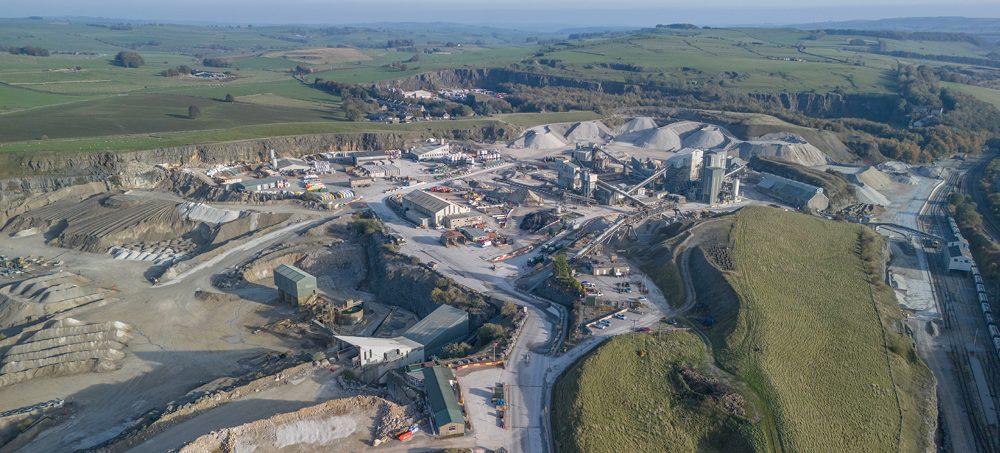
What are POPs and why are they dangerous?
POPs (Persistent Organic Pollutants) are a group of chemicals that are poisonous. They persist in the environment for years, breaking down very slowly due to their stability and low decomposition rates. They can accumulate in living organisms and make their way into the food chain, contributing to harmful effects even at low concentrations. They are found in various waste types, including electrical and electronic equipment (WEEE), lead-acid batteries, and upholstered domestic seating.
Managing Persistent Organic Pollutants in waste management has become a pressing issue for skip-hire and waste management companies across the UK. These hazardous chemicals, due to their long-lasting nature and toxicity, can cause significant harm to both human health and the environment.
Ensuring POPs are correctly identified and safely managed is essential to prevent them from entering the waste management process and posing long-term environmental threats.

The manufacture, sale, and use of products containing POPs are now banned. On 1st January 2023, new legislation from the Environment Agency came into effect regarding the storage and disposal of any upholstered domestic seating waste containing POPs, but the effects of introducing such a dangerous chemical to everyday life are still ongoing.
POPs were used in a range of upholstered seating, including bean bags, floor and sofa cushions, sofas, sofa beds, armchairs, kitchen and dining room chairs, stools and footstools, home office chairs, and futons.
POPs also appear in the manufacture of components like printed circuit boards, and certain plastics, such as acrylonitrile butadiene styrene (ABS), often contain POPs. Lead-acid batteries, commonly used in automotive and industrial sectors, may also have POPs in their casings, making proper disposal and recycling critical.
Sustainable Management of POP Waste
To prevent any POPs from entering the waste management chain, steps must be taken to make sure waste is correctly classified and treated.
- 1. Identify and Segregate POP Waste
Batteries with polypropylene cases, which do not typically contain POPs, must be separated from those with ABS cases. - 2. Store Waste Securely
POP waste should be kept separate from non-POP waste to avoid contamination. - 3. Proper Disposal Methods
POPs must be destroyed or irreversibly transformed, through incineration or processing in authorised facilities.

Cheshire Demolition’s Sustainable Approach
We always take the appropriate steps to ensure that POPs are dealt with correctly. With a commitment to recycle, repurpose, or reuse over 99% of all materials handled, we ensure that even the most complex waste, including POP-containing materials, is managed responsibly. Our sustainable approach to demolition and waste management helps protect the environment while contributing to the circular economy.
If you need assistance with the removal and recovery of any waste materials – including POPs – we’re here to help. Contact us today and talk to one of our team.
Open Monday–Friday: 8am–5pm, Saturday: 8am / Gates close 1pm.

